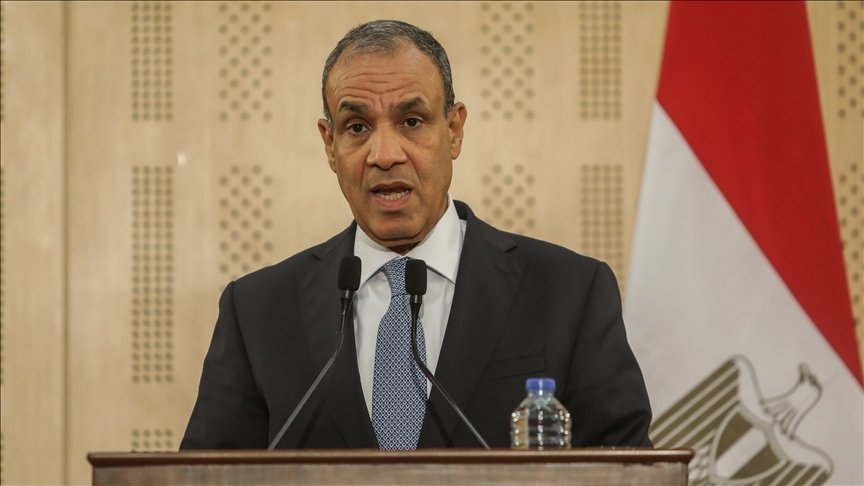Egypt has taken its battle against Ethiopia’s Grand Ethiopian Renaissance Dam (GERD) to the United Nations Security Council, accusing Addis Ababa of breaching international law and disregarding the rights of downstream nations.
In a strongly worded letter to the UNSC on Tuesday, Egypt’s Minister of Foreign Affairs, Immigration and Egyptian Expatriates Affairs, Dr. Badr Abdel Aati, condemned Ethiopia’s decision to inaugurate and begin full operations at the massive hydropower project without a binding agreement with Egypt and Sudan.
“Despite flimsy attempts to give the Ethiopian dam a false veneer of legitimacy, the GERD remains a unilateral measure that violates international law and international norms,” Abdel Aati declared, insisting that Ethiopia’s announcement “produces no legal consequences” for governance of the Eastern Nile Basin.
The GERD, which has four turbines now operational with a combined output of 1,550 megawatts, is expected to scale up to full capacity in the coming months. Addis Ababa has touted the project as a symbol of national pride and a solution to its electricity shortages.
Read Also:
- Charlie Kirk, Conservative Activist, killed in shocking attack at Utah University
- Zulum commissions eye, dental hospitals, nursing college in Monguno, approves N3bn for specialist hospital, 100 houses for health workers
- NSCDC arrests 28-year-old suspected fraudster in Adamawa
Cairo, however, maintains that Ethiopia’s refusal to sign a binding agreement on the filling and operation of the dam threatens water security for over 100 million Egyptians and undermines regional stability. Egypt accused Ethiopia of pursuing “intransigent positions” and using the project as a political tool to rally its domestic audience “against an imaginary enemy” under the guise of sovereignty over the Nile, which Abdel Aati described as “joint property of its riparian states.”
The Egyptian government emphasized that it has shown remarkable restraint by choosing diplomacy and engaging international institutions over the years, not out of weakness but from a belief in cooperation among Nile Basin countries.
With the dispute now elevated to the Security Council, global attention will once again focus on whether the international community can broker a lasting settlement to one of Africa’s most contentious water disputes.






